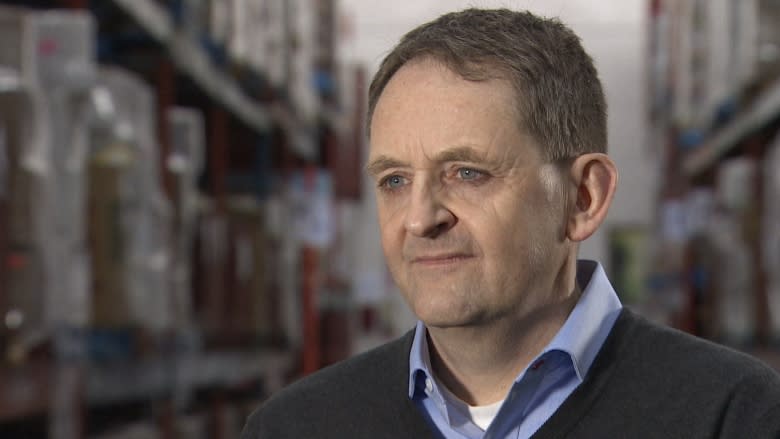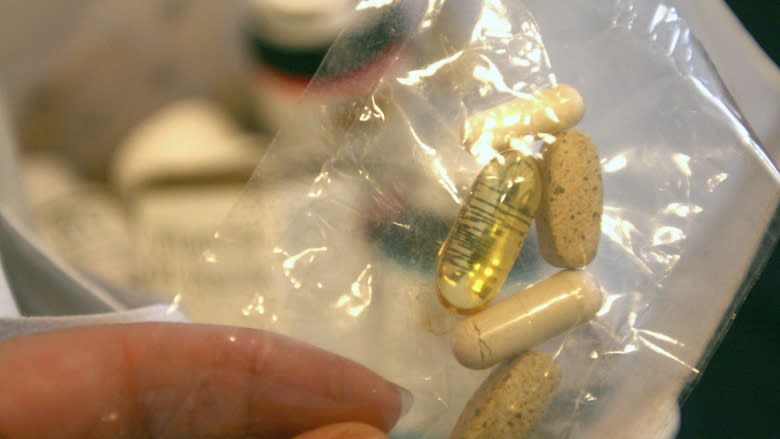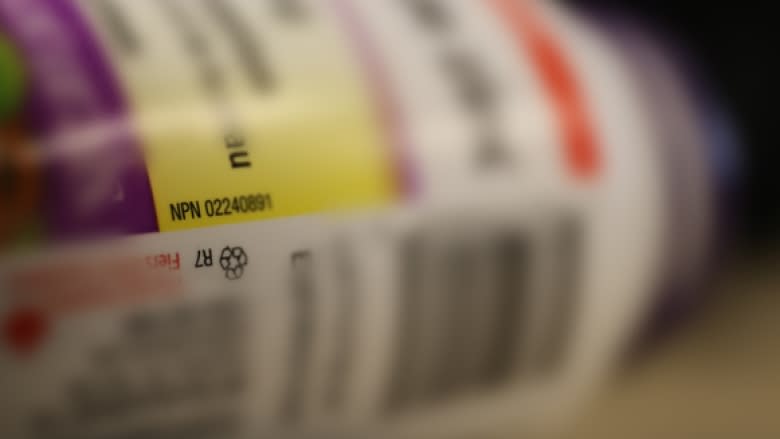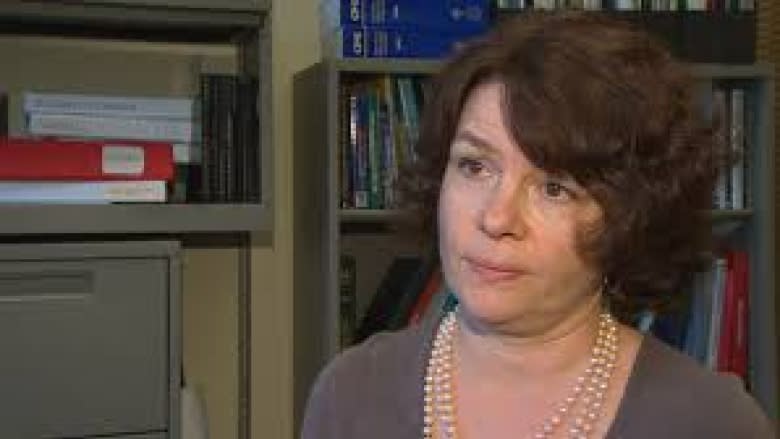B.C. public health officials mobilized to shut down lax wellness program in food banks
On Jan. 20, 2015, public-health dietitian Barbara Crocker circulated an email, importance marked "high," to colleagues at the Vancouver Coastal Health Authority.
Crocker said she had been contacted by an anonymous dietitian who worked at a clinic serving vulnerable populations that provided its clients with supplements. The dietitian told Crocker she had encountered a client who was also getting supplements, including vitamin D, at a food bank and didn't know what they were.
The client "was not aware the amount of vitamin D received from the food bank already exceeds the (safe upper level set by Health Canada)," said Crocker, quoting the dietitian, who said the client was also taking medications that could be altered by the food-bank supplements.
The warning came at a critical time. For more than six months, the public-health dietitians and officials from the Vancouver Coastal Health Authority and Fraser Health Authority had been investigating an alternative health program offered by Calgary-based Pure North S'Energy Foundation at 15 food-bank depots in the Lower Mainland.
The dietitians had meticulously documented the public-health risks they determined the program posed. But here was a stark example of the potential for harm they wanted to convey in an upcoming meeting with Aart Schuurman Hess, the Greater Vancouver Food Bank Society's chief executive officer.
Two days later, Schuurman Hess told Pure North to suspend its operations in the food banks, and six weeks after that, the food bank and Pure North agreed to terminate the program.
Internal government documents obtained by CBC News through freedom of information chronicle the successful efforts of public-health officials to rein in a lax wellness program and force accountability from the charity that offered it.
Public-health investigation launched
In June 2014, a community nutritionist discovered what would become the catalyst for the health authority's investigation: "clear plastic bags of supplements" were being distributed to community members at the North Shore Food Bank Depot.
The dietitians immediately produced an "action plan," splitting up the work of answering key questions: What was the Pure North program? What vitamins and supplements were being dispensed and at what doses? How were they being distributed?
And what about the Greater Vancouver Food Bank Society's responsibility — and its potential liability — in all of this?
"Has the Board [of Directors] considered safety, ethics, risk management, media exposure/reaction, funding implications, etc.?" Crocker asked in an email.
Pure North is a privately run, non-profit foundation that offers an alternative, preventive-health program involving multi-vitamins and supplements, including high doses of vitamin D. It focuses on vulnerable populations such as the homeless, addicted and elderly.
The dietitians discovered Schuurman Hess knew Pure North founder Allan Markin from when he had previously managed a shelter in Calgary. Schuurman Hess had asked Markin in February 2013 to bring the program to Vancouver. The foundation first offered its supplements to food-bank staff and volunteers, then rolled out the program to clients in February 2014.
While the health officials acknowledged Markin believed he was "doing right" and that Pure North's "intent is clearly to do good," they soon discovered the foundation's food-bank program was seriously flawed.
Supplement program breached health regulations
Pure North was distributing unlabelled packets of high-dose supplements, a month's worth, that contained a daily vitamin D dose more than six times higher than Health Canada's recommended dietary allowance.
One combination tablet of vitamin D and vitamin C in the packet required both a natural product number from Health Canada and a prescription before it was dispensed. It had neither.
Food-bank clients were not examined by a doctor and their medical histories were not taken before being given the supplements.
A series of sometimes tense meetings followed between the public-health officials, Pure North, and food-bank management. In January 2015, Schuurman Hess suspended the foundation's food-bank operations until the health officials' concerns were addressed.
At a February 2015 meeting, medical health officer Dr. Reka Gustafson told Markin and his staff that vitamin D supplements containing more than 1,000 international units (IU) require a prescription in B.C.
"They did not know this," Gustafson said in an email recapping the meeting.
Gustafson told Pure North it could not simply translate an individual naturopathic practice into a "population-level practice," which meant the foundation could not take a treatment devised for an individual patient and offer it to thousands of people.
"The (Pure North) naturopath argued with this and stated that his college (of naturopathic physicians) sanctioned it," she wrote. "Fortunately, I had called them and this was different from what the college said to me.
"We spent a fair amount of time explaining the authority required to practise public health and make recommendations for a population," she continued. "I am not entirely sure if this sunk in."
Program withdraws from food banks
But the health officials' parting message was clear: Pure North had to bring its supplements in line with the regulations.
Gustafson said the health officials told the foundation they didn't want to order it to stop handing out vitamins, "but that we had the authority under the public health act to do so. (That was kind of fun.)"
A month later, on March 5, 2015, Schuurman Hess announced Pure North was leaving the food banks.
Pure North spokesman Stephen Carter insists the foundation was not operating a health program.
"I would argue that it was not a public health initiative at all," he said. "It was a public food initiative."
Carter said it was a "simple misunderstanding" that led Pure North's naturopathic doctor to believe he had his regulating college's permission to offer the supplements to a broad population. The distribution of the high-dose supplement that required a prescription and lacked a natural product number was a "mistake," he said, adding that Pure North immediately rectified it.
In November 2015, Gustafson updated her superiors about a recent meeting with Pure North. She said the foundation was now only distributing supplements that were properly labelled and packaged with natural product numbers.
Gustafson reported Pure North was operating in a church community clinic twice a week. She said all of their products were now being prescribed by a naturopathic physician, who consulted with participants.
With that, a 17-month public-health investigation ended.
Gustafson said she didn't endorse Pure North's program "but as they are a regulated health profession in B.C. and they seem to be practising within their scope, I think we are done."
If you have any information about this story, or for another potential story, please contact us in confidence at cbcinvestigates@cbc.ca
@jennierussell_
@charlesrusnell






